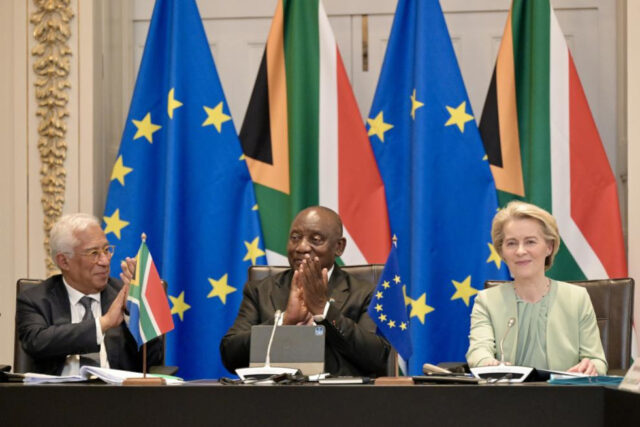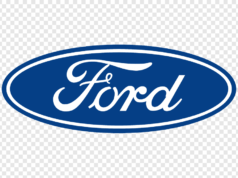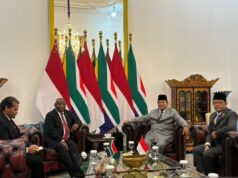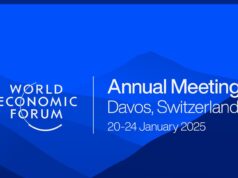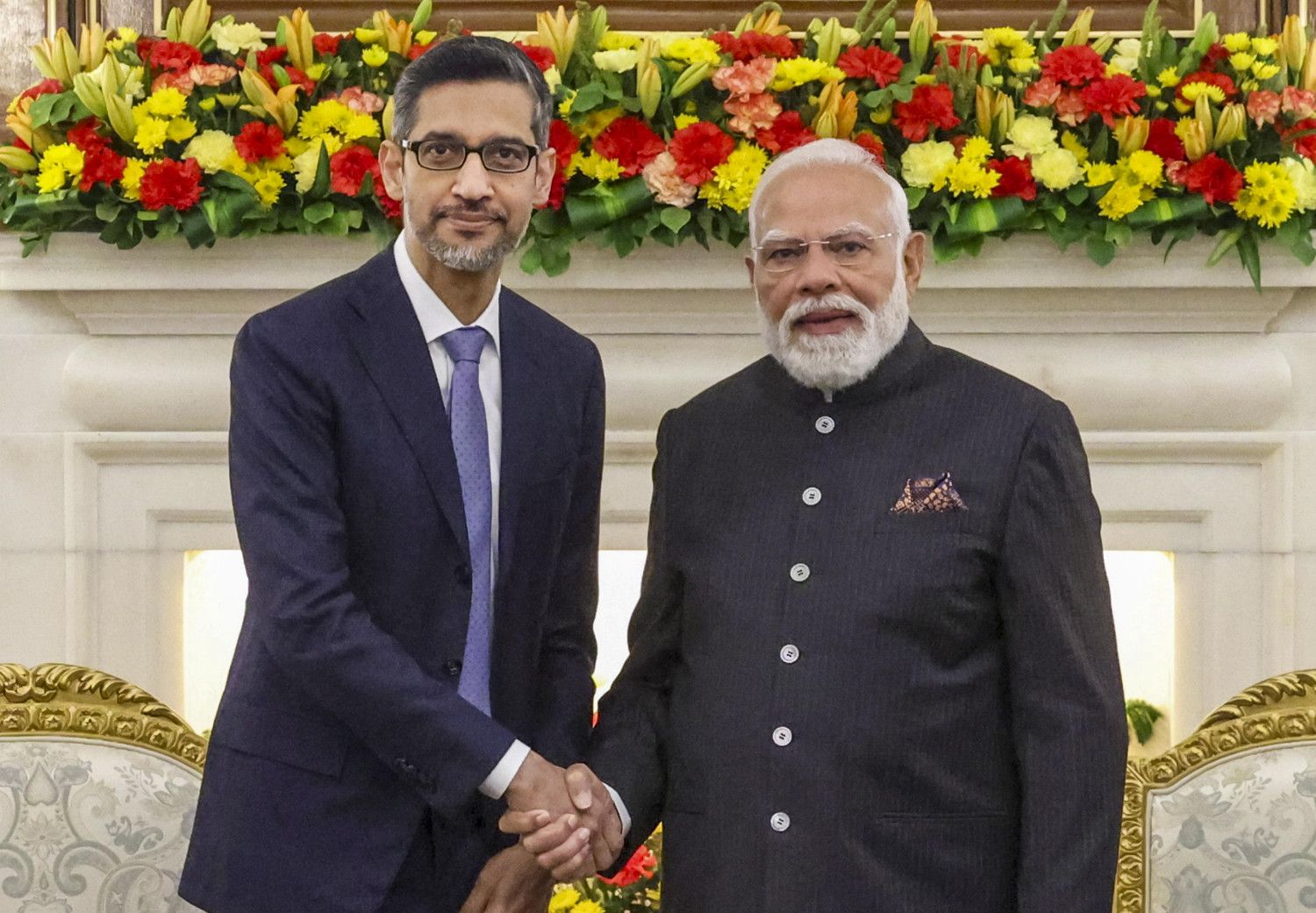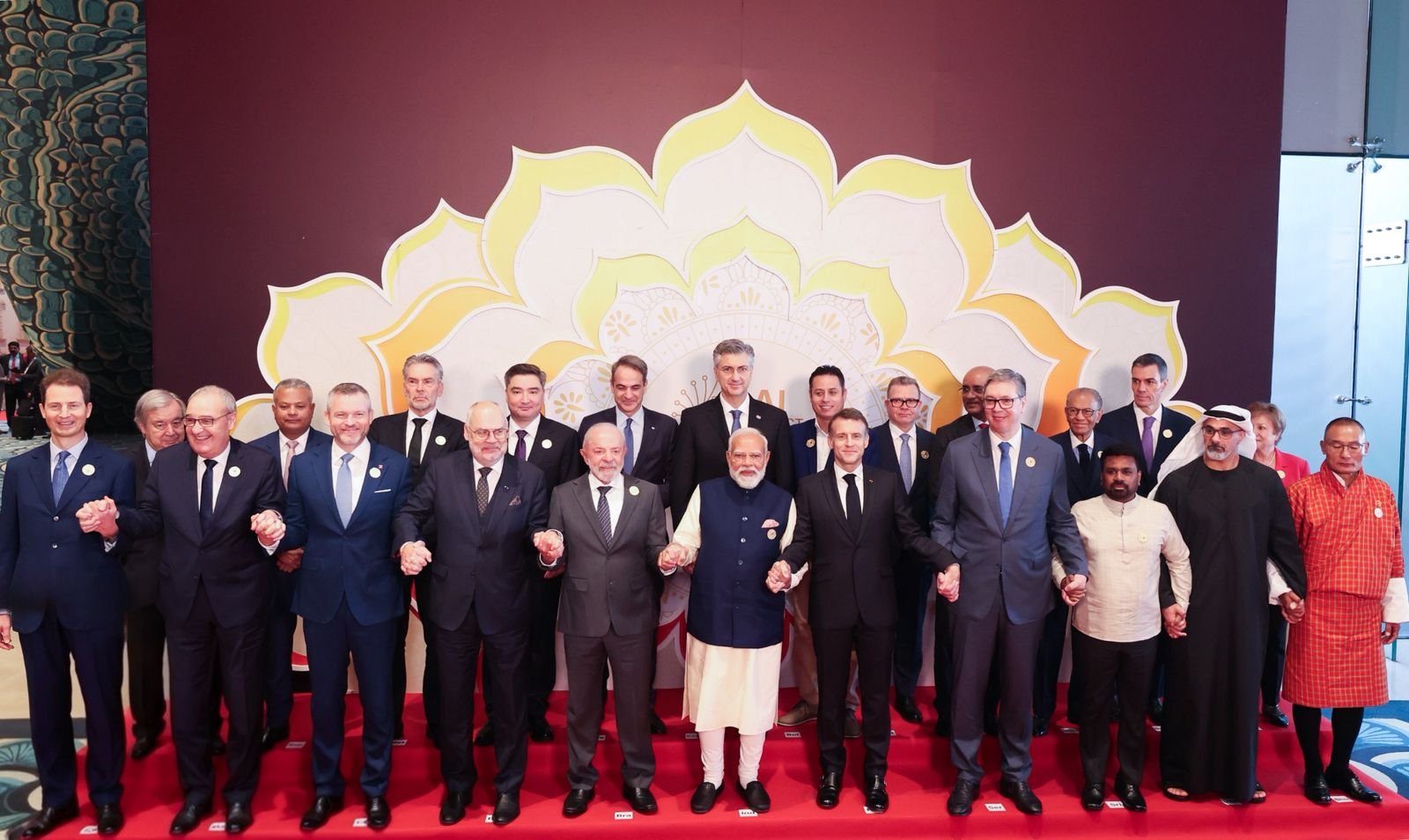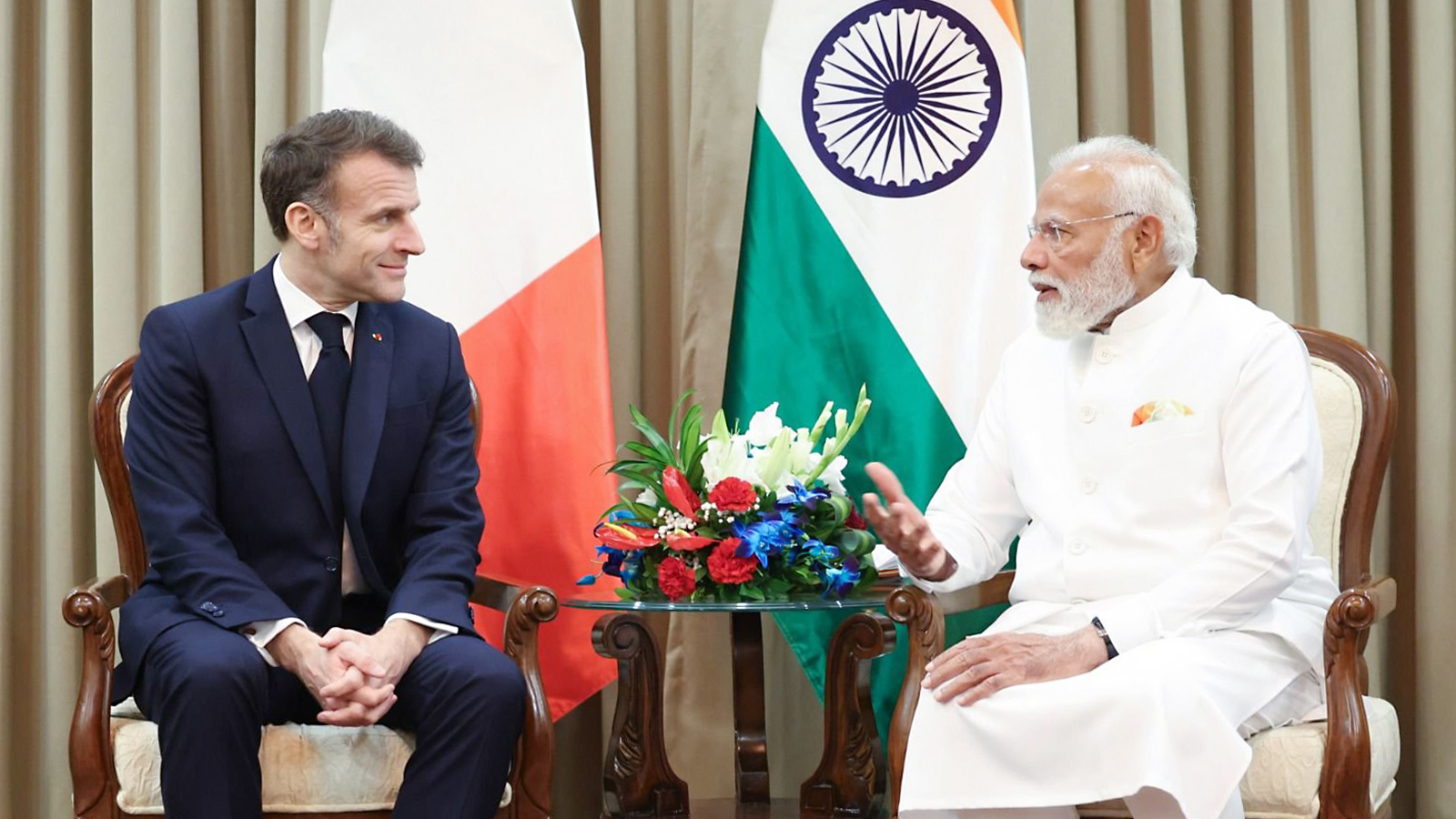European Union member states will soon vote on a trade agreement with Argentina, Brazil, Paraguay and Uruguay, creating the world’s largest free-trade area. The deal would remove tariffs on various goods, boosting trade after decades of negotiations. The European Commission included safeguards for EU farmers.
A Divisive Proposal
The agreement has long been mired in controversy, particularly among agricultural producers in Europe. France and Poland previously warned that an influx of cheaper meat, sugar, and cereals from Mercosur could undercut EU farmers.
In Paris, Trade Minister Laurent Saint-Martin acknowledged that Brussels’ new guarantees represented “a step in the right direction”. Meanwhile, Warsaw has maintained its opposition. Prime Minister Donald Tusk said Poland would vote against the pact, but conceded it would “probably go through”, adding that his government would press for all protective measures to be fully enforced.
Germany has been at the forefront of efforts to push the agreement through. Business groups in Berlin argue that the EU must diversify its trade partners in response to global volatility, particularly after tariffs imposed by former US President Donald Trump. Dirk Jandura, head of Germany’s BGA foreign trade federation, warned that “in times of global uncertainty, Europe needs new partnerships before others divide up the region”.
Safeguards and Concessions
Commission President Ursula von der Leyen insisted that both businesses and farmers stand to benefit. In a statement on X, she said “legally binding” mechanisms had been built into the text to reassure member states. These include the option to suspend Mercosur’s preferential access to certain agricultural markets, such as beef, should EU producers face serious disruption. A crisis fund worth €6.3 billion has also been proposed to offset potential damage to European farmers. The Commission maintains that all imports will continue to meet the EU’s food safety and environmental standards, despite claims to the contrary from farming groups. Copa-Cogeca, which represents Europe’s agricultural sector, dismissed the deal as “economically and politically damaging”. Italy’s powerful farming confederation CIA voiced similar concerns, stressing that safeguards would only prove credible if applied “swiftly and transparently”.
Economic Gains and Strategic Leverage
The agreement is expected to phase out tariffs on 91% of EU exports to Mercosur, including cars, chemicals, wine and chocolate. At present, European carmakers face tariffs as high as 35%. Brussels estimates that exports to South America could increase by up to €49 billion a year. In exchange, the EU would ease restrictions on Mercosur goods such as beef, sugar, honey, soybeans and critical minerals. Proponents argue that this will not only expand markets for European manufacturers but also reduce dependency on raw materials from China. German Chancellor Friedrich Merz welcomed the breakthrough, saying the pact would “strengthen our economy in Germany and in Europe”. Supporters argue that the deal is particularly timely, given the turbulence of transatlantic trade relations.
Next Steps
The agreement, finalised last December after more than 25 years of negotiations, requires the approval of at least 15 of the EU’s 27 member states, as well as the European Parliament. Trade Commissioner Maroš Šefčovič expressed hope that the process could be completed before the end of the year. For now, governments are weighing the promise of new export opportunities against the political risks of alienating rural constituencies. Italy’s Prime Minister Giorgia Meloni said her administration would consult widely before deciding how to vote. If ratified, the Mercosur pact would mark one of the EU’s most significant trade expansions in decades, reshaping its economic relationships both within the Americas and beyond.

